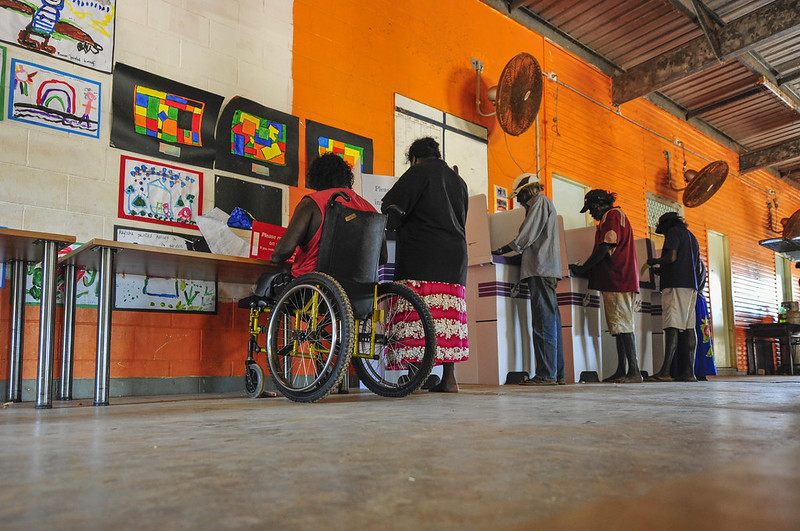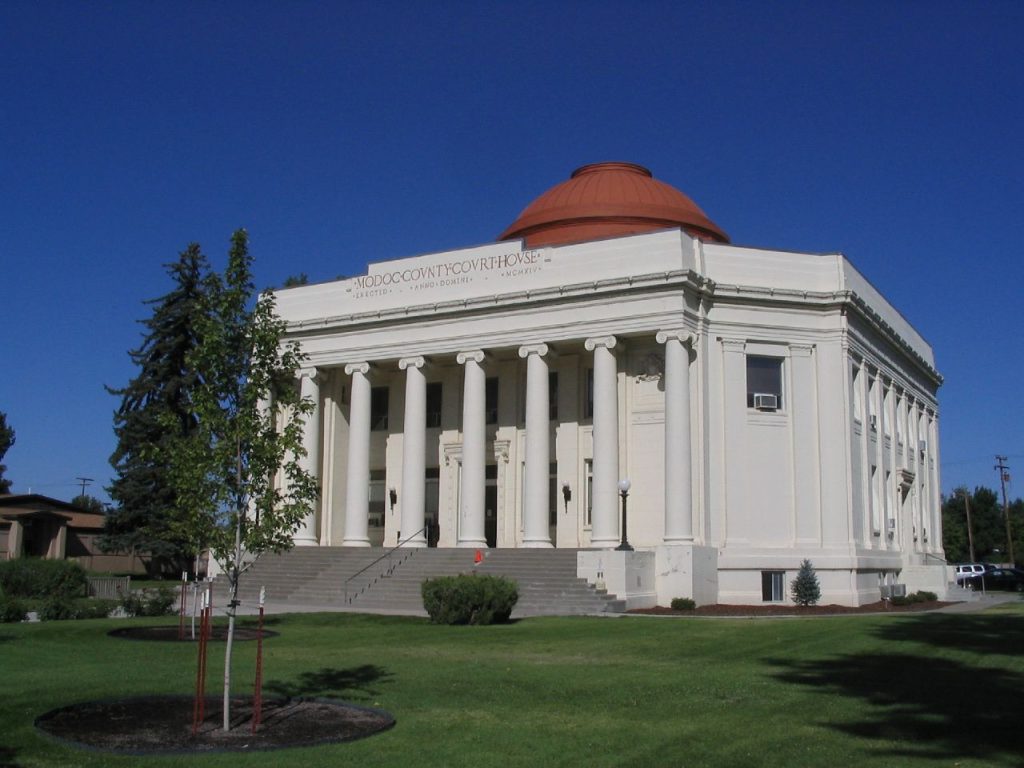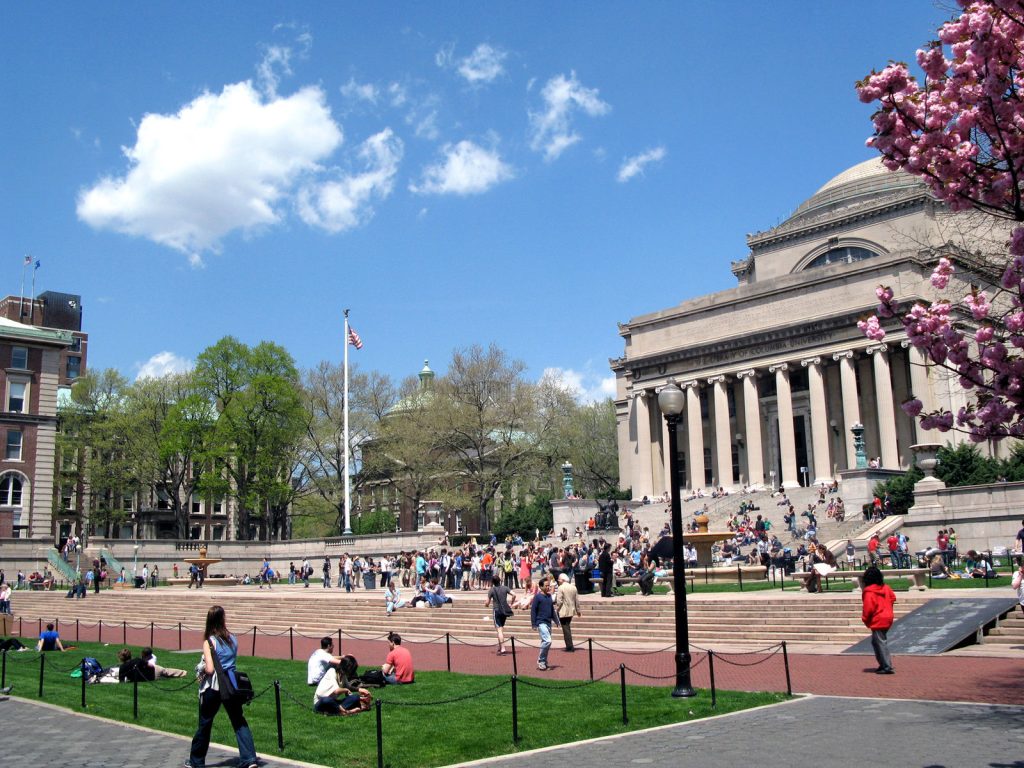Results from the Voice Referendum have shown that remote Aboriginal communities voted Yes in Queensland and the North Territory.
Although Queensland and the Northern Territory had a majority of No votes, smaller Aboriginal communities such as Cherbourg had a majority of Yes votes.
The results didn’t favour Anthony Albanese’s campaign, as their hopes were quickly diminished.
Within 90 minutes after the Voice referendum polls closed, it was announced that majority of states had voted No for a Voice to Parliament.
The Lockhart River community in Queensland had a 66 per cent Yes vote from the Indigenous people in the area.
In Cherbourg, a three-hour drive from Brisbane, 142 people voted Yes, while 101 voted No.
Deputy Mayor of Cherbourg, Tom Langton told ABC News that there was confusion for some people which would explain the No votes, but he was not shocked at the majority voting Yes.
“We can’t give up … hope,” he said.
“This is only a little setback. We’ve had a lot of setbacks in our time and have come through the other end and [will] still be strong on the other side.”
Results show in total the 8,638 people in remote towns voted Yes to the Voice to Parliament whereas, 3,134 voted against it. That is a 73 per cent Yes result.
Although regional Aboriginal communities had hoped the referendum would be a majority Yes, the Yes23 campaign failed to gain the support of Australians. This was because of the confusing questions and misinformation on platforms such as Twitter and TikTok.
Victorian Yes campaigner Marcus Stewart told ABC News about the confusion leaving Australians to vote for no change.
“The general Australian community couldn’t comprehend what exactly it was,” he said.
“They have not voted No because they’re racist. I categorically reject that. They have voted No because I think there’s a better pathway than constitutional enshrinement.”
Yes Campaign advisor and executive director at Center for Impact Communications, Ed Coper told ABC News about the use of social media to sway voters.
“A lot of the accounts on Twitter that were spreading misinformation around the voice were doing so very late at night and using Americanised spelling,” he said.
“People may not realise that there are ‘disinformation for hire’ businesses overseas where you can go and pay someone to come and absolutely manipulate opinion around an election very effectively using social media.
“We need to understand how elections have changed for the worse in this context.”
Photo: Remote polling at Warruwi/Goulburn Island by AEC images available HERE and used under a Creative Commons license. This image has not been modified.







